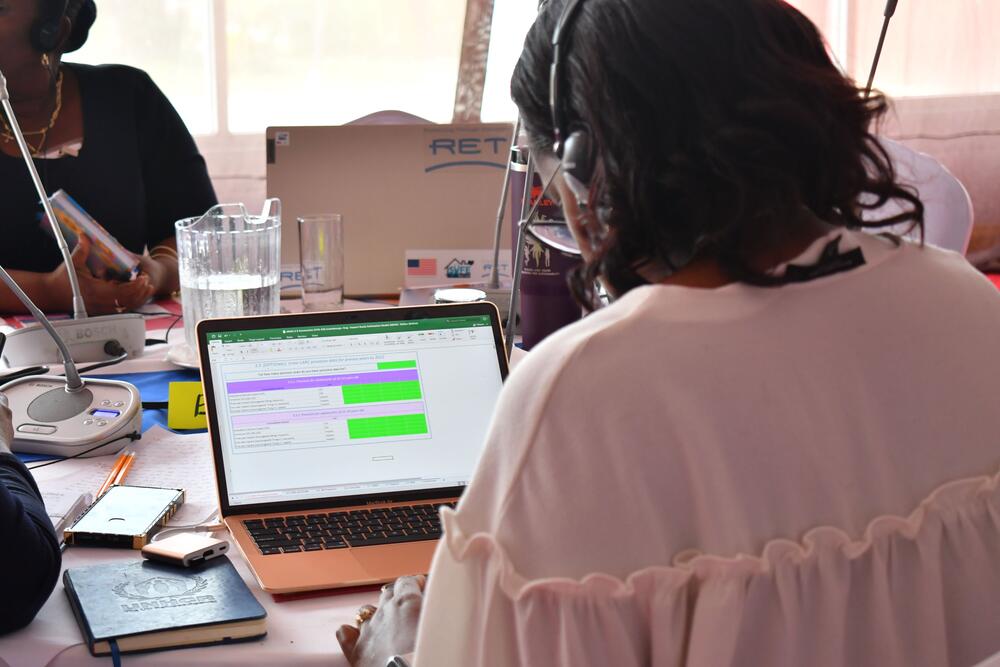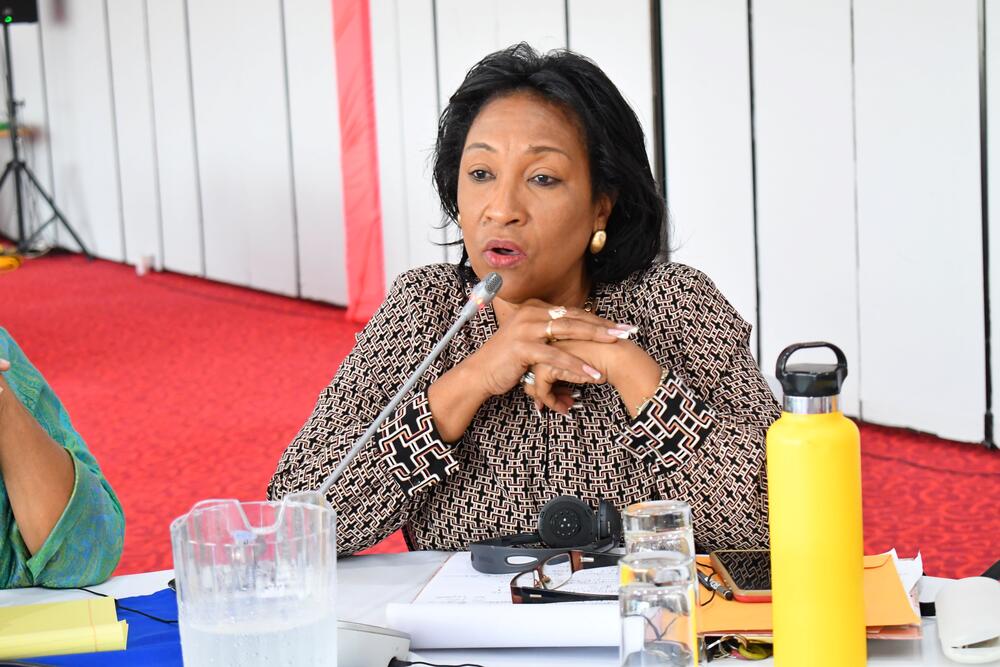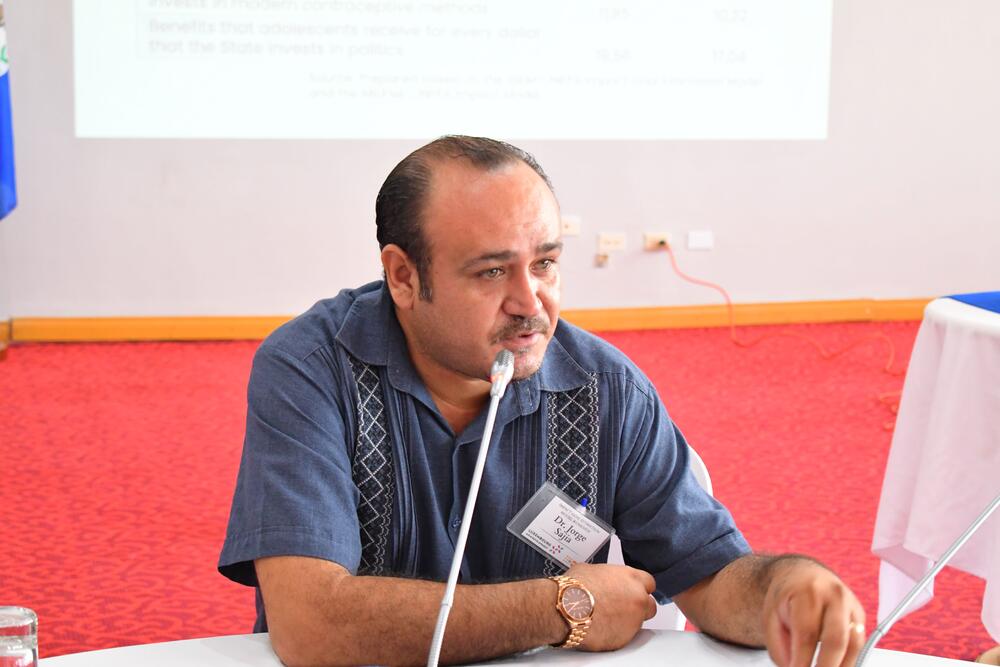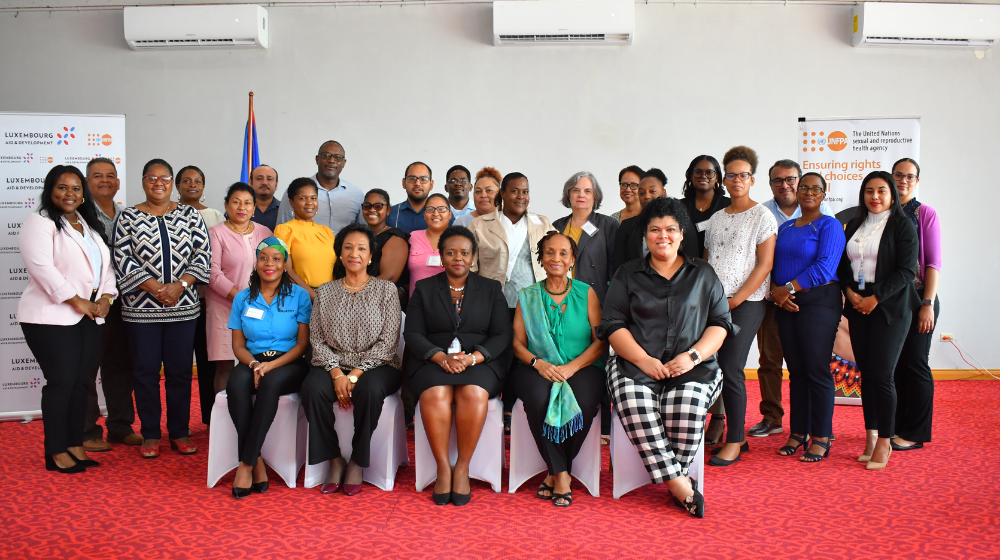In a significant step towards combating adolescent pregnancy, forty-two stakeholders from key sectors and community actors in Belize participated in a two-day workshop. This event introduced the Impact Goal Evaluation Model (MEMI), an econometric tool designed to assess the impact of various policy alternatives, focusing on life skills education and modern contraceptive methods.

The workshop, part of the Regional Project “Leave No One Behind: Reduction of Adolescent Pregnancy in Afro-descendant communities in Belize,” is spearheaded by the UNFPA in collaboration with the Government of the Grand Duchy of Luxembourg. It aims to educate and empower young people to address adolescent pregnancy effectively.
Participants from the three targeted districts in Belize engaged in discussions on alternative methods to reduce adolescent pregnancy, developing a proposal within the MEMI framework. This proposal was then presented to policymakers and decision-makers.
During the welcoming remarks, Tisa Grant, Head of the Belize Liaison Office, stated that one of the medium term goals of the 3-year project aims to establish adequate and proactive policies to ensure modern contraceptive methods and comprehensive sexuality education, which can reduce adolescent pregnancy and improve sexual and reproductive health indicators in adolescent girls and women from “left-Behind” populations.

The workshop brought together stakeholders and experts who reviewed and determined the results and impact of the project in prioritized municipalities in Belize. Participants included representatives from the Ministry of Health and Wellness, the Ministry of Human Development and Ministry of Education as well as Civil Society Organizations who engaged in discussions, shared insights, and developed a proposal on strengthening capacities for policy implementation to address adolescent pregnancy effectively in Belize. The “Leave No One Behind: Reduction of Adolescent Pregnancy” project will partner with key ministries, agencies and CSOs to implement activities for the empowerment of youths and adolescents by way of training sessions, sensitization on comprehensive sexuality education and the dissemination of youth friendly information on sexual and reproductive health.



